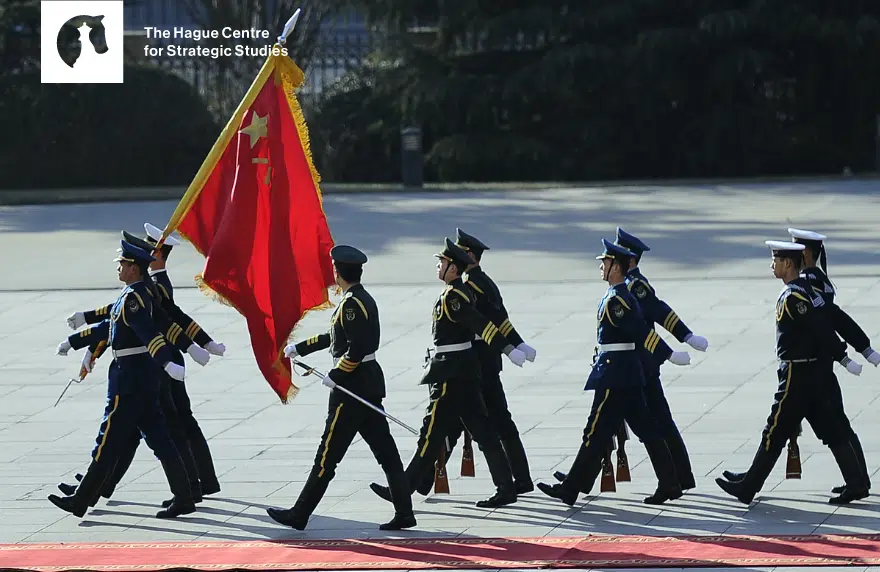Research
The threats and opportunities associated with Artificial Intelligence (AI) technologies force liberal societies to grapple with a range of fundamental issues, many of which directly affect the existing economic, social, political, and even the security fabrics that underpin the domestic and global orders.
From automated production lines to networked drone swarms on to automated mass surveillance, the combination of ever-more-sophisticated sensory arrays, never-before-seen computing power, and coding know-how is driving paradigm shifts in the creation of wealth, the governance of polities, and the functioning of societies.
This HCSS study seeks to attain a better understanding of threats and opportunities associated with this rapidly evolving technology by conducting an in-depth analysis of Chinese, European, Russian, and American AI programs, and to advise Dutch and European policymakers on optimal correction courses.
The report outlines mitigation options to address challenges within the economic, sociopolitical, and military-security domains. In addition, it formulates five overarching (non-domain-specific) recommendations for addressing shortcomings in the EU’s current AI ecosystem:
- Support small and medium e-tech companies.
- Formulate balanced privacy standards.
- Facilitate academic sector R&D.
- Ensure shared understanding of AI among Member States.
- Leverage the EU’s economic weight in international norm-setting.
Download the report via the button.
Disclaimer
The research for and production of this report has been conducted within the PROGRESS research framework agreement. Responsibility for the contents and for the opinions expressed, rests solely with the authors and does not constitute, nor should it be construed as, an endorsement by the Netherlands Ministries of Foreign Affairs and Defense.









